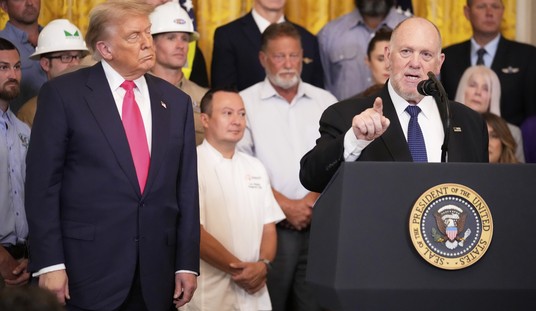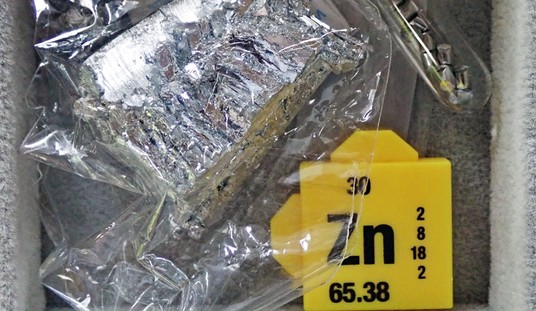
Over the weekend, the New York Times reported that U.S. Cyber Command (USCC) has intensified digital incursion into Russia’s power grid. They have been inserting “potentially crippling malware inside the Russian system at a depth and with an aggressiveness that had never been tried before.” One unnamed source told the Times this strategy could “potentially plunge Russia into darkness or cripple its military.” Here is a link to the article.
The reporters write that they’ve conducted interviews with “current and former government officials” over a three month period, yet most of the sources they cite are anonymous. The article does contain quotes from such officials as the commander of USCC, Gen. Paul M. Nakasone, and U.S. National Security Advisor John Bolton, however, they come from remarks made during public appearances.
The United States should have such a system in place to serve as a deterrent to Russia or any other enemy plotting a cyber attack against the U.S.
The problem with the article is its implication that President Trump was not made fully aware of the details of CCSC’s operation. They wrote:
Two administration officials said they believed Mr. Trump had not been briefed in any detail about the steps to place ‘implants’—software code that can be used for surveillance or attack—inside the Russian grid.
Pentagon and intelligence officials described broad hesitation to go into detail with Mr. Trump about operations against Russia for concern over his reaction—and the possibility that he might countermand it or discuss it with foreign officials, as he did in 2017 when he mentioned a sensitive operation in Syria to the Russian foreign minister.
“Because the new law defines the actions in cyberspace as akin to traditional military activity on the ground, in the air or at sea, no such briefing would be necessary,” they added.
USCC did not act illegally. They had been granted new powers a year ago by both the President and Congress.
National Security Presidential Memoranda 13, which is classified, provided Gen. Nakasone with “far more leeway to conduct offensive online operations without receiving presidential approval.”
According to the NY Times:
The action inside the Russian electric grid appears to have been conducted under little-noticed new legal authorities, slipped into the military authorization bill passed by Congress last summer. The measure approved the routine conduct of “clandestine military activity” in cyberspace, to “deter, safeguard or defend against attacks or malicious cyberactivities against the United States.”
Under the law, those actions can now be authorized by the defense secretary without special presidential approval.
Even though USCC acted legally and the move certainly boosts U.S. national security, if the article is correct, it’s disturbing that Trump was not briefed.
The most important reason, and also the most obvious, is that he is the Commander-in-Chief of the armed forces of the United States. He is responsible for making all of the decisions in the event of a nuclear escalation and he must be kept aware of exactly what our capabilities are.
Secondly, if it is known that a President’s underlings feel free to make consequential decisions without consulting him, he appears weak. And as much as that fills liberal hearts with glee, it hurts America.
President Trump was put into a humiliating situation over the weekend. Upon seeing the article, he took to twitter:
…..ALSO, NOT TRUE! Anything goes with our Corrupt News Media today. They will do, or say, whatever it takes, with not even the slightest thought of consequence! These are true cowards and without doubt, THE ENEMY OF THE PEOPLE!
— Donald J. Trump (@realDonaldTrump) June 16, 2019
And then, it escalated.
Accusing the press of treason is dangerous.
We described the article to the government before publication. As our story notes, President Trump’s own national security officials said there were no concerns. https://t.co/MU020hxwdc pic.twitter.com/4CIfcqKoEl— NYTimes Communications (@NYTimesPR) June 16, 2019
Government officials, especially Democrats, have a choice. Are they Americans first or are they Democrats first? Sadly, most of them have chosen the latter.














Join the conversation as a VIP Member